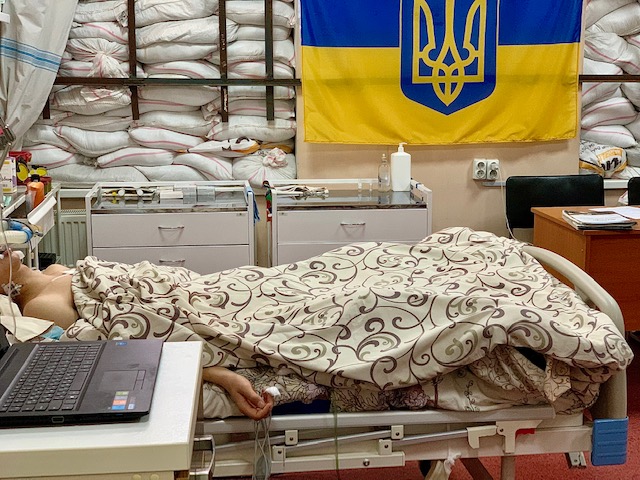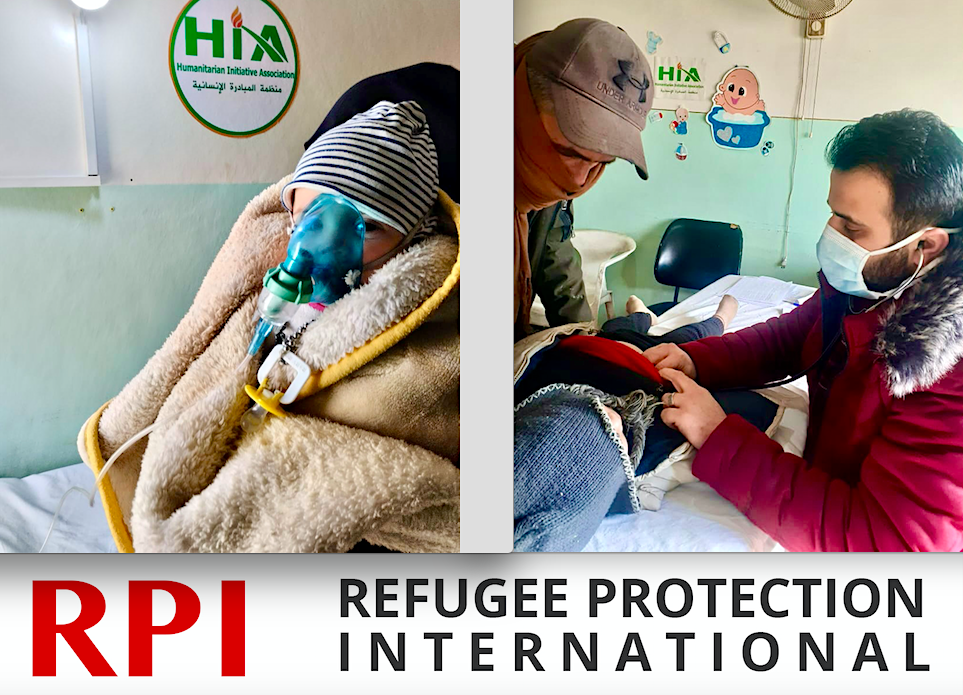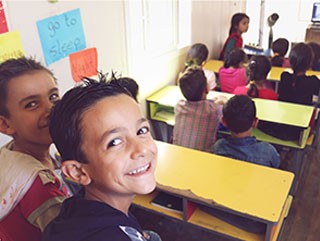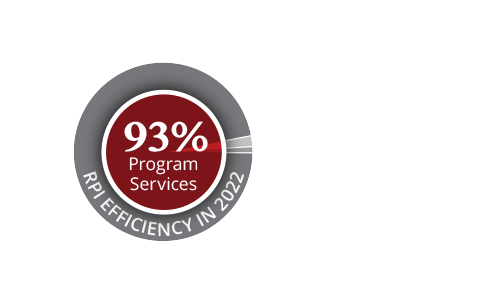Health and Education
Enabling dignity in urban displacement and informal camps
Gaza-Israel war: In 2024, RPI and long-term Middle East charity partner Kids Paradise (KP) are rolling out emergency aid to families in Gaza struggling to cover medical & other needs. Selected participant lists will be run by the inter-agency cross-checking system to avoid duplication and support needs-based targeting. RPI is keen to support mental health providers for women and children with trauma on both sides of the devastating Israel-Gaza war, including for Israeli survivors of sexual violence on October 7, 2023.
Ukraine: Refugee Protection International’s staff and volunteers purchase and deliver critical medical equipment, medicines, and supplies from Romania to Ukraine. RPI has procured surgical, pediatric, traumatic wound care, neonatal, and maternity equipment for 7 partnering Ukrainian children’s, maternity and regional hospitals. On January 26, 2023, as 55 missiles and 24 drones were launched at Ukraine in a single day, RPI’s Director Jennifer Hill delivered surgical and NICU equipment under the sound of artillery fire to the only 24/7 children’s emergency hospital in the southern frontline city of Kherson, Ukraine. Russian forces had retreated across the Dnipro (Dnieper) River, just a mile from Kherson’s city center. RPI was accompanied by Ukrainian non-governmental partner the Orlivka Logistic Center for Humanitarian Aid on this delivery, captured on film by Ukraine’s Kherson Regional State Administration. RPI was humbled by the heroic efforts of Ukrainian medical workers at the Kherson Regional Children’s Clinical Hospital, shelled on January 1st, and the Kherson City Perinatal Center Level II, heavily damaged on January 24th.
In March 2022, RPI played a key role in launching and fully supporting the dramatic medical evacuations of surrogate newborns from central Ukraine to Chernivtsi on the western border with Romania. RPI’s Ukrainian partners Dobrobut Medical Center drove all evacuees from partner BioTexCom in Kyiv and Kropyvnytski to RPI’s partner receiving hospital in Chernivtsi. Romanian consular authorities suported Romanian biological parents to obtain the necessary birth certificates and travel paperwork to be able to cross into Romania. This program evacuated 53 surrogate newborns, including some with medical complications. NBC Boston, CBS/Channel 4, Belmont TV, and NewsNation’s Morning in America Show covered the launch of this program. Please also see our project page on RPI & partners evacuation of over 2,000 Ukrainian civilians from southern and southeastern frontline and occupied territories of Ukraine.
In April 2022, RPI purchased $40,000 worth of negative pressure wound (vacuum) therapy devices and supplies to help the Zaporizhzhia Regional Children’s Clinical Hospital reduce infections and heal traumatic war wounds in children. This key hospital was featured by BBC for its heroic efforts to treat war-wounded children from Mariupol and other devastated cities.
From March to September 2022, RPI purchased and delivered medical equipment, medicines and supplies to 2 partner children’s hospitals and 2 maternity institutions in Chernivtsi, designated a major hub for serving internally displaced children arriving from central and eastern Ukraine. RPI has visited key partner facilities with the transportation support of hospital management and community partner Blood for Life. Key partners, include the Chernivtsi Regional Children’s Clinical Hospital specializing in complex pediatric and newborn cases and the Chernivtsi Regional Perinatal Center (RPC) so displaced women can give birth safely. Other partners include BSMU, which has a medical training center in this RPC.
Syria: Over a decade of war has destroyed or damaged half of Syria’s medical facilities, with the impact felt most acutely in northern Syria. War’s physical and emotional toll on the civilian population has been equally devastating. According to Physicians for Human Rights, there have been 573 attacks on 350 health care facilities in Syria. Children face rising malnutrition rates and inadequate vaccines in northern Syria, where RPI helped launch and support an ongoing 3-year program on community management of acute malnutrition and IYCF counseling run by RPI’s refugee-led partners, who are based out of Turkey and Iraq. In 2016-2017, RPI mobilized resources for partner SIMRO to complete the rehabilitation and underground placement of Idlib’s largest pediatric hospital to protect patients and medical workers from aerial bombing. Through its Turkey-based refugee-led charity partners, RPI continues to support COVID-19 awareness, soap production, and distribution in northern Syria, which is battling low vaccination rates, cholera, and limited hygiene resources in overcrowded tented settlements.
Lebanon and Turkey: Host countries in the Middle East are struggling to absorb the influx of refugees. Just under half of school-aged Syrian refugee children remain out of school. Syrian refugees face difficulties accessing all Lebanese schools due to the language of instruction, capacity constraints, barriers to civil documentation, and inadequate funds to pay for transportation and supplies. Since 2016, RPI has supported non-formal primary education by its refugee-led partner charity thanks to our giving partners. Now, RPI supports the production and sale of crafts made by students’ mothers, with proceeds supporting women’s income and their children’s schools. In Turkey, RPI has supported its community-based partners to provide psychosocial support and mental health care to displaced and vulnerable women and children. RPI and its partners have also supported vulnerable communities to obtain the civil documentation needed to effectively access host country health and education services.
Turkey-Syria Earthquake Medical Aid: Following the 2023 Turkey-Syria earthquakes, Refugee Protection International and Turkey-based community-led partners assisted over 21,093 earthquake survivors in Syria (Idlib, Aleppo regions) and Turkey (Kahramanmaras, Antakya, Reyhanli, Gaziantep regions). Some 4,735 persons received medical support from health centers in war-torn northwest Syria run by RPIi’s Turkey-based refugee-led charity partner HIA – Humanitarian Initiative Association. Other partners pulled victims from the rubble. RPI supported pharmaceuticals, a new generator, and other operational costs for 3 primary health centers and several rapid response teams (RRT) run by HIA. RPI needs urgent funding to expand support to these efforts. RRTs provide mobile medical, psychosocial support and community management of acute malnutrition.
Beirut Blast Response, Lebanon: In 2020, RPI mobilized rapid resources for its grassroots partner to launch mobile wound care and psychosocial support for Lebanese and Syrians affected by the devastating explosion of ammonium nitrate in Beirut’s Port on August 4th.
Summary: RPI and its local partners have met 390,690 health and education needs by:
- Rehabilitating, equipping, and stocking key health facilities in war-torn Syria and Ukraine
- Providing regulated non-formal primary school education and early childhood education
- Supporting COVID-19 infection prevention and control at health facilities and community protection through medical screening, referrals for testing, hygiene kit distribution, and education
- Providing medical case management and financial coverage for out-of-pocket expenses
- Conducting health screenings, treatment, awareness sessions, and referrals
Earthquake rescue and medical care
Since the earthquake, 683 victims have been seen by partner health centers in Syria, incl. 603 survivors. Another 35 victims were pulled from the rubble. Turkish response upcoming. In Syria, some 60,000 children under 5 and PLWs have received malnutrition screening and nutrition support from RPI partners over 2 years, which will be expanded. 6,343 other civilians received medicines. In Lebanon, RPI supported partner-run mobile wound care for Lebanese and Syrian survivors of the Beirut blast.
Equipping and Rehabilitating Hospitals
In war-torn Ukraine, RPI delivered some $100,000 in medical equipment to 6 children’s and maternity hospitals. In Syria, RPI supported the movement underground of the largest pediatric hospital in Idlib, Syria to protect staff and civilians from bombing. With operations handed by RPI partner SIMRO to SAMS, this hospital now serves some 100,000 children annually.
Educating Children
In Lebanon, some 3,010 children each year have received partner-run non-formal primary and early childhood education in informal Syrian refugee settlements, with substantial RPI support. For sustainability, RPI transitioned this support from donations-based to program revenue from RPI’s sale in the US of refugee-made crafts.
SaveSave







